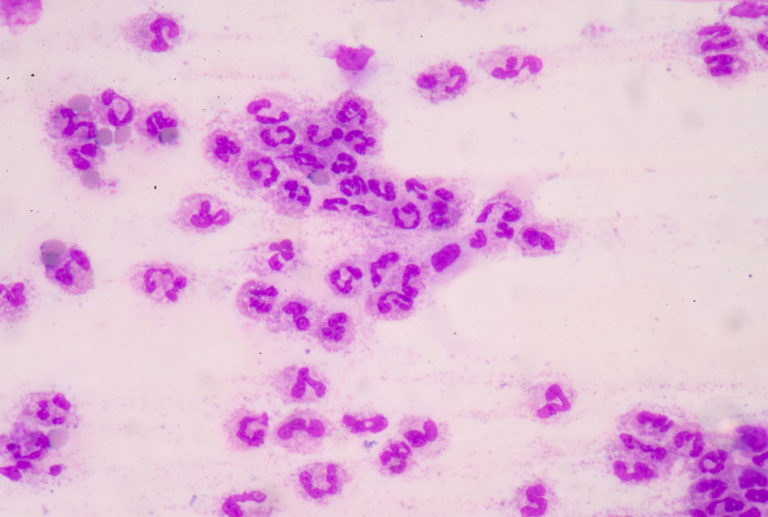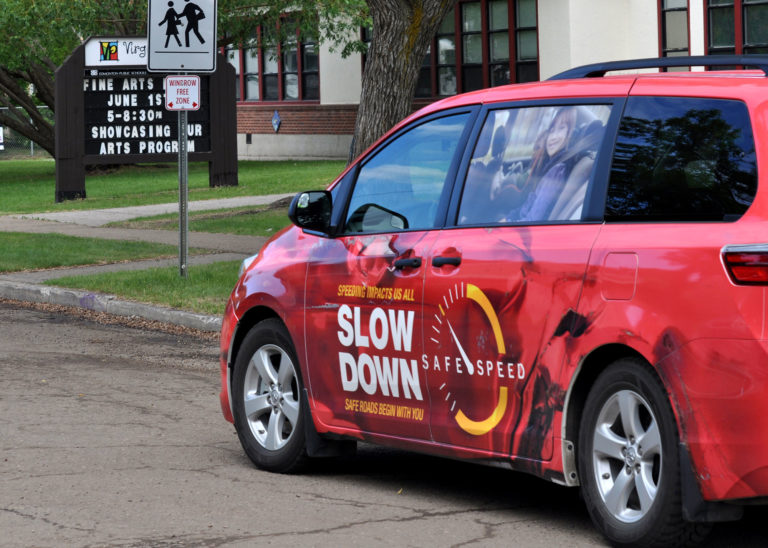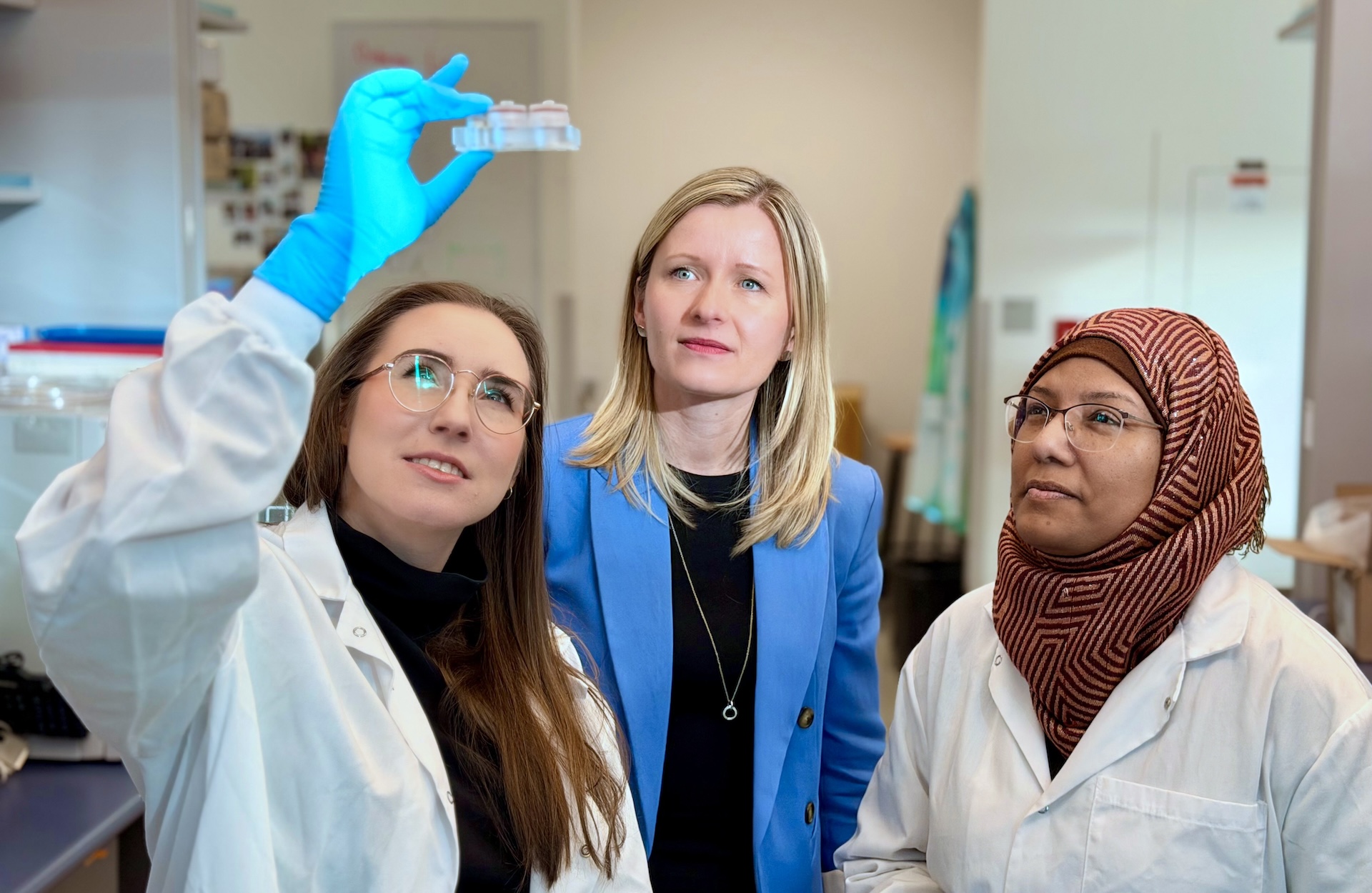-

Canadians’ consumption of fruit and vegetables drops 13 per cent in 11 years
Two surveys taken 11 years apart show a 13-per-cent decrease in the amount of fruit and vegetables being consumed by Canadians, new UBC research has found.
-

Influential QS World University Rankings put UBC in top 10 for four subject areas
The University of British Columbia is among a handful of elite institutions to rank in the top 50 in 41 of 48 subjects tracked, according to the QS University Rankings.
-

Achieving Paris climate target could net additional billions in fisheries revenue
Achieving the Paris Agreement global warming target could protect millions of tonnes in annual worldwide fisheries catch, as well as billions of dollars of annual revenues for fishers, workers’ income and household seafood expenditures, according to new research from the University of British Columbia.
-

Bat flight model can inspire smarter, nimbler drones
Engineers at UBC have captured the full complexity of bat flight in a three-dimensional computer model for the first time, potentially inspiring the future design of better drones and other aerial vehicles.
-

UBC raises Musqueam Indian Band flag permanently at Vancouver campus
The flag of the Musqueam Indian Band will be permanently raised on the University of British Columbia’s Vancouver campus.
-

New protein “switch” could be key to controlling blood-poisoning and preventing death
Scientists at the University of British Columbia have discovered a new protein “switch” that could stop the progression of blood-poisoning, or sepsis, and increase the chances of surviving the life-threatening disease.
-

Disability progression in multiple sclerosis linked to income, education
Neighbourhood income and education level is associated with risk of disability progression in patients with multiple sclerosis, suggests new research from the University of British Columbia.
-

UBC researchers discover how blood vessels protect the brain during inflammation
Researchers from the University of British Columbia have discovered how blood vessels protect the brain during inflammation—a finding that could lead to the development of new treatments for neurodegenerative diseases such as stroke, epilepsy and multiple sclerosis.
-

Automated speed enforcement doesn’t just reduce collisions – it helps reduce crime
It’s widely accepted that automated photo enforcement programs targeting speeding help reduce collisions and promote safe driving. Now a new University of British Columbia study suggests they can also significantly reduce crime in the neighbourhoods in which they are deployed.




